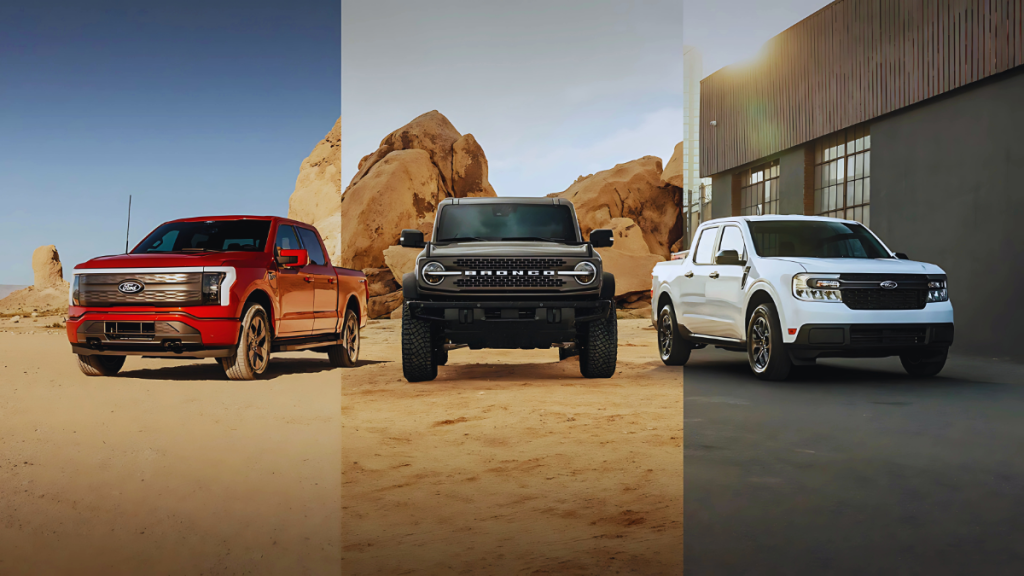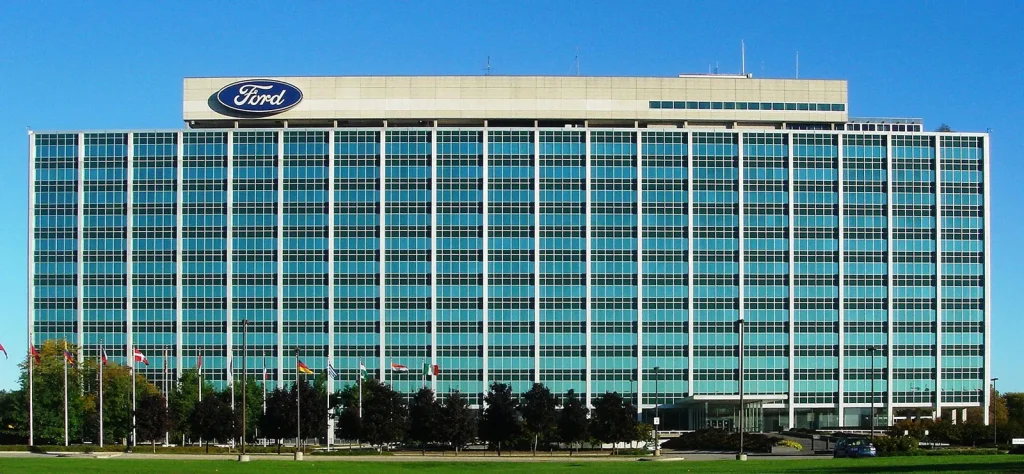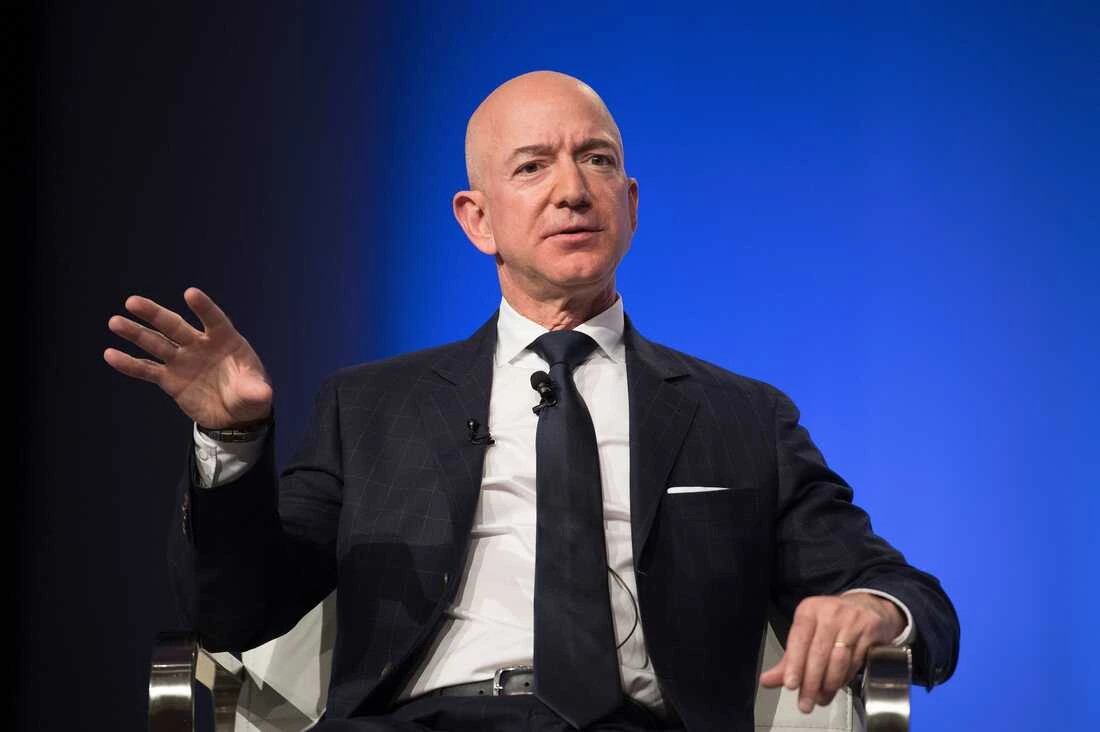
The Man Who Changed the Internet Forever
When we talk about business titans who reshaped the modern world, one name stands above the rest—Jeff Bezos. The founder of Amazon.com, Bezos turned an online bookstore into a global behemoth worth over a trillion dollars. But behind the smiling face and trademark laugh lies a story that’s far more complex—one of ruthless decisions, relentless ambition, and mind-bending brilliance.
Jeff Bezos didn’t just disrupt the marketplace. He tore down entire industries, changed how we shop, how we work, and even how we live. From his early days on Wall Street to becoming the richest man on Earth, this is the real story of how Bezos built Amazon—not just with genius, but with grit, risk, and a level of obsession that bordered on dangerous.
This isn’t just a biography. This is an exploration of how Jeff Bezos became the face of both innovation and domination—and why his story is a masterclass in power, strategy, and fearlessness.
From Garage Geek to Tech Titan
The Beginning of a Legend
Born in Albuquerque, New Mexico, in 1964, Jeffrey Preston Bezos was always a curious child. A voracious reader and science lover, he spent his early years dismantling and rebuilding objects in his garage. His grandfather, a regional director at the U.S. Atomic Energy Commission, played a vital role in shaping his logical thinking and mechanical mindset.
Even back then, Bezos dreamed big—space big. He once told friends he wanted to build colonies in orbit. But before he could reach the stars, he had to master the Earth—and he started with books.
Why He Quit Wall Street
Bezos worked at D.E. Shaw, a top-tier Wall Street hedge fund. He had a prestigious job and a path laid out for executive riches. But the internet was growing at 2300% per year, and Bezos saw a gold rush coming.
It was 1994 when he quit his job, drove cross-country with his wife MacKenzie Scott, and drafted a business plan in the passenger seat. His idea? Selling books online. To most people, it sounded ludicrous. But Bezos didn’t care.
His reasoning was simple: If he didn’t seize this opportunity, he’d regret it for the rest of his life. And so, Amazon.com was born—in a garage in Seattle.
“Get Big Fast”—The Ruthless Growth Philosophy
The Culture of Relentlessness
From day one, Bezos made it clear: Amazon would not play by the rules. His motto was “Get Big Fast.” He demanded long hours, aggressive targets, and an uncompromising focus on customer obsession.
Inside Amazon, employees describe a “hard-charging culture.” Deadlines were brutal. Performance reviews were cold. Underperformers were weeded out mercilessly. But that’s exactly how Bezos wanted it.
He believed in Darwinian survival—not just in the market, but within his own company.
Crushing the Competition
Amazon didn’t just compete. It devoured. Bezos systematically undercut rivals, often taking losses to win market share. When Diapers.com started gaining traction, Amazon slashed diaper prices, even selling at a loss, to bleed the competitor dry.
Eventually, Diapers.com folded and sold to Amazon for $545 million. Bezos’s response? A shrug. For him, business was war.
This wasn’t just business genius—it was cold-blooded strategy.
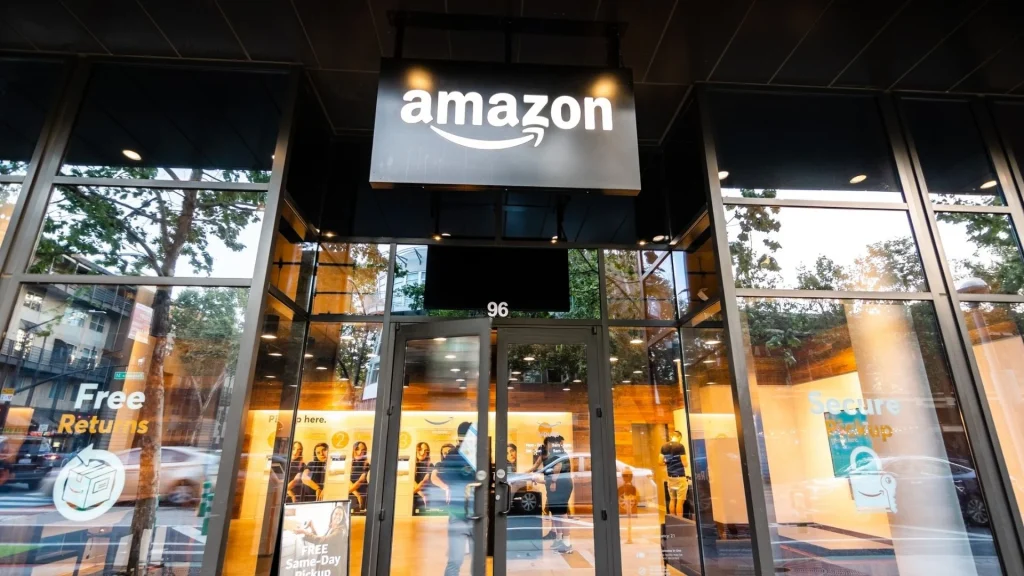
The Rise of Amazon: More Than Just Books
The Expansion Nobody Saw Coming
Once Amazon dominated books, Bezos didn’t slow down. He expanded into music, movies, electronics, clothes, cloud computing, and groceries.
But the real genius was in his long-term vision. He didn’t just want to be a retailer—he wanted to be infrastructure.
Bezos invested heavily in Amazon Web Services (AWS) in the early 2000s. Everyone thought he was insane. Today, AWS powers much of the internet and generates tens of billions annually. It’s the engine behind Netflix, NASA, and even the CIA.
Prime: A Loyalty Cult
In 2005, Bezos launched Amazon Prime—a subscription service offering free two-day shipping. It seemed like a gimmick. But it changed everything.
Prime locked in customers and made them loyal to the Amazon ecosystem. Today, over 200 million people subscribe to Prime. It’s not just a membership—it’s a way of life.
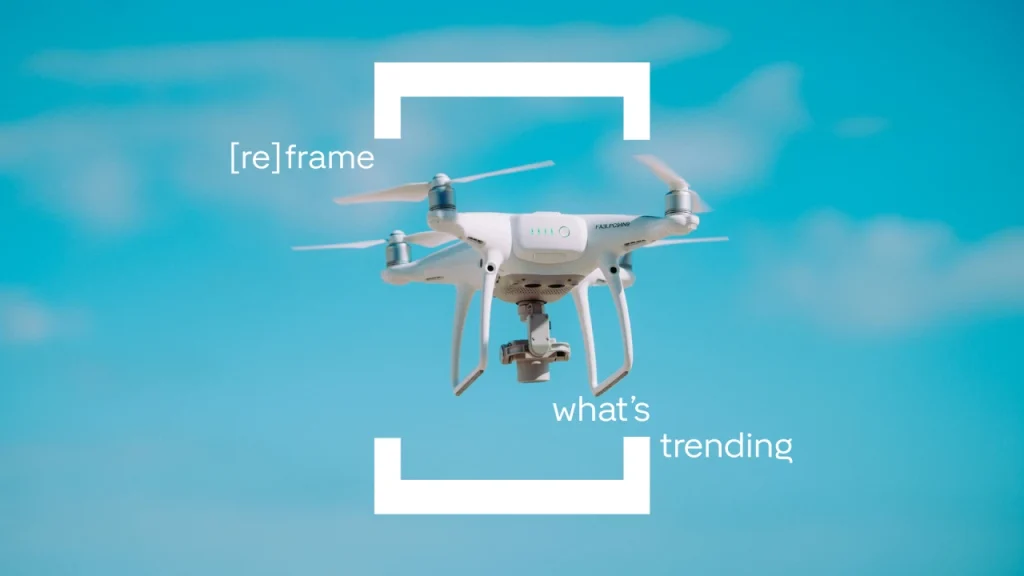
Obsession with Innovation—And Control
Alexa, Drones, and Going to Space
Bezos was never content. He poured billions into new ventures—many of which sounded insane at the time.
He built Alexa to dominate voice search. He launched delivery drones before it was cool. And he founded Blue Origin, his private space company, because he still dreamed of the stars.
In 2021, he even flew to space himself.
These weren’t hobbies. They were mission-driven moonshots to make Amazon not just a company—but an ecosystem that touched every part of human life.

Micromanagement or Genius?
Bezos was known to be deeply involved in everything—from pricing algorithms to warehouse design. Former employees say he’d rip apart presentations with surgical precision.
Was it controlling? Yes.
But was it effective? Absolutely.
He believed every pixel on the site, every second of delivery time, mattered. That obsession turned Amazon into the most efficient machine in retail history.
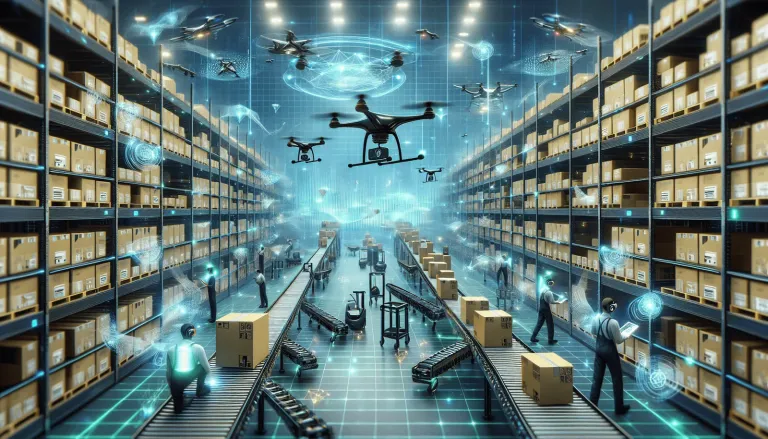
Controversies and Criticism—The Dark Side of Brilliance
Warehouse Working Conditions
While Amazon grew, so did the criticism. Workers in Amazon warehouses spoke of inhumane conditions—no bathroom breaks, timed productivity metrics, injuries, and high turnover.
Bezos was labeled as disconnected, indifferent, even cruel. But he kept pushing for efficiency.
His defenders said it was necessary to keep costs low. His critics called it exploitation.
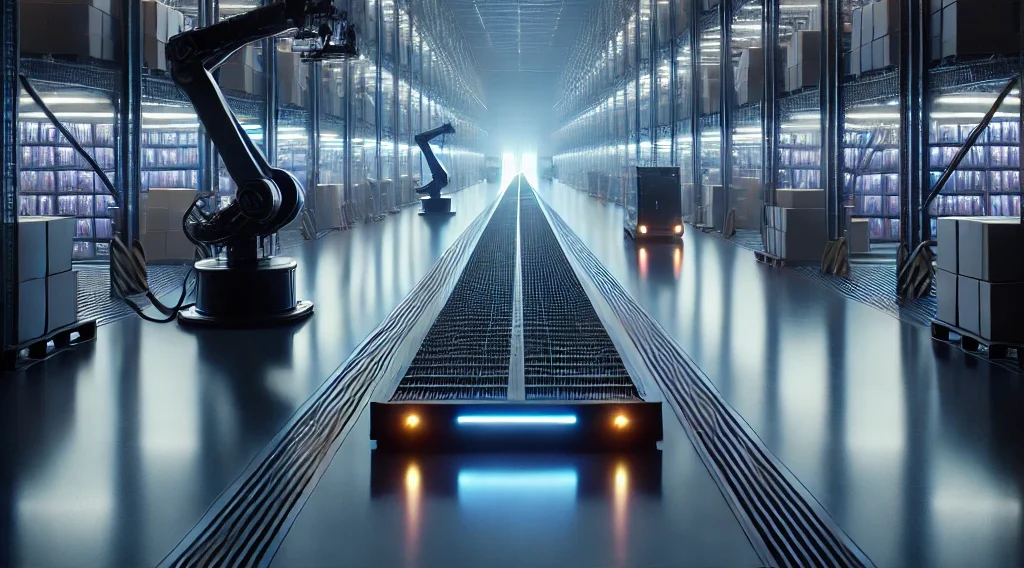
The Anti-Union Battles
Amazon has famously fought unionization. From hiring consultants to surveilling workers, the company used aggressive tactics to block labor organizing.
Bezos claimed he wanted to hear feedback from employees—but actions told a different story.
The line between brilliance and tyranny blurred.
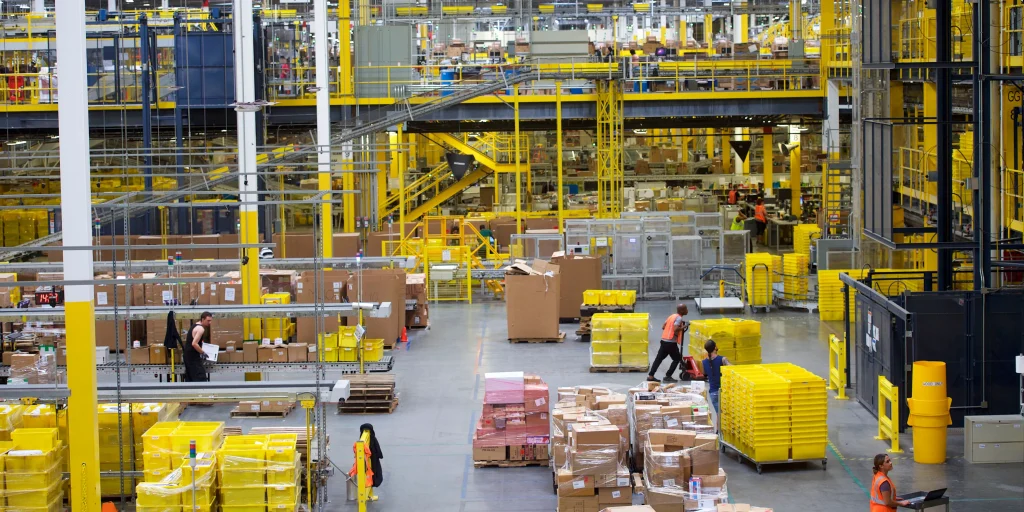
Monopolistic Power?
Amazon’s dominance sparked antitrust investigations. Critics accused Bezos of using data to crush third-party sellers, pushing their products aside once Amazon launched its own versions.
Booksellers, tech startups, and small businesses cried foul.
But Bezos’s mantra remained: customer first, everything else second.
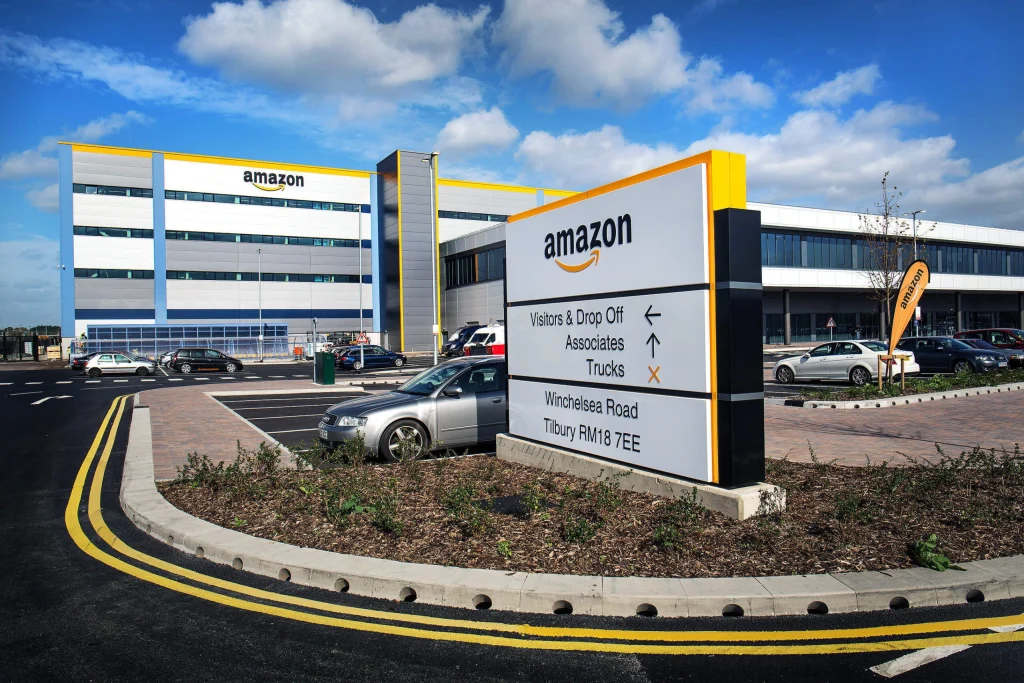
Wealth Beyond Imagination
Richest Man on Earth
For years, Jeff Bezos was the wealthiest man alive. At his peak, his net worth soared above $200 billion.
But unlike other billionaires, he didn’t just hoard wealth. He invested in space, journalism (buying The Washington Post), and climate tech.
Still, critics pointed out the irony—his workers earned minimum wage while he earned millions per hour.
Divorce and Philanthropy
In 2019, Bezos divorced MacKenzie Scott, transferring $36 billion worth of Amazon stock to her. She went on to become one of the most generous philanthropists in history.
Bezos, in contrast, has been slower to give.
Only recently has he pledged significant amounts toward climate change and social causes.
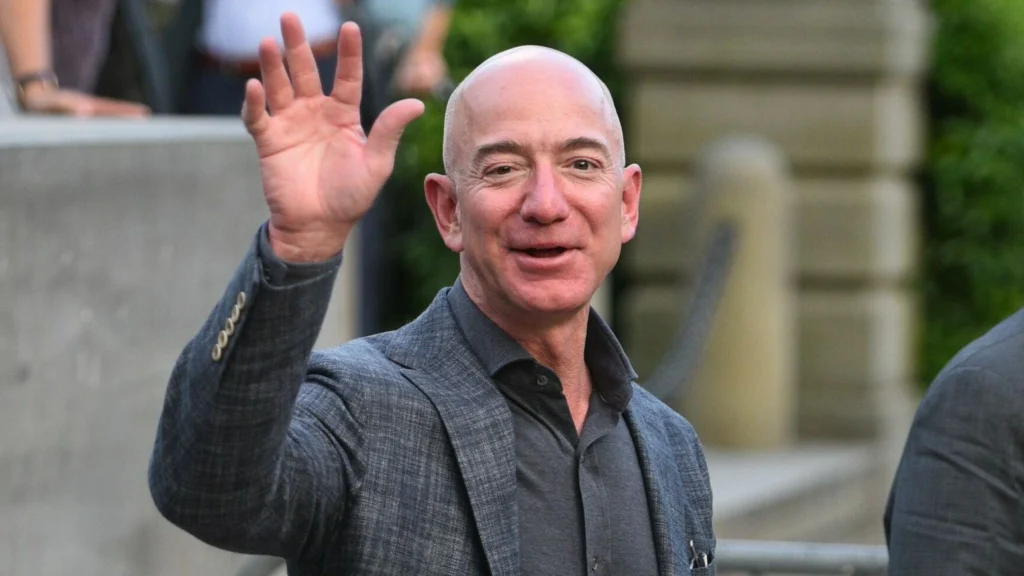
Stepping Down, But Not Stepping Away
A New Chapter for Amazon
In 2021, Bezos stepped down as CEO but remained Executive Chairman. His successor, Andy Jassy, took the reins.
But make no mistake—Bezos is still pulling strings.
He now focuses more on Blue Origin and personal ventures, but the company still carries his DNA.
Every decision, every algorithm, every inch of the Amazon empire bears his fingerprints.
Lessons from Bezos—Love Him or Hate Him
The Power of Long-Term Thinking
Bezos always played the long game. He told investors early on he wouldn’t deliver profits for years—and they listened.
That patience paid off. Today, his model of growth-before-profits is used by countless startups.
He taught the world that betting on the future is the smartest investment of all.
Customer Obsession as Strategy
Bezos’s relentless focus on customers—faster shipping, lower prices, better recommendations—wasn’t just nice. It was strategic.
Customer loyalty built a moat. And that moat became a fortress.
Fearless Leadership
Most leaders hedge their bets. Bezos didn’t. He made bold, risky moves and stood by them.
He took on governments, unions, the media, and competitors without flinching.
Love him or hate him—he never backed down.
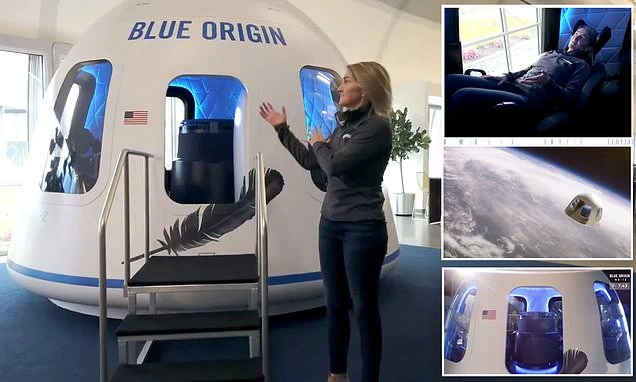
What’s Next for Jeff Bezos?
The Space Race and Legacy
Now focused on Blue Origin, Bezos is competing with Elon Musk in a new arena—the stars. He wants to colonize space and move heavy industry off Earth.
It sounds sci-fi, but so did selling books online once.
He wants to be remembered not just as a billionaire, but as a civilization builder.
Will He Return to Amazon?
Though no longer CEO, many wonder if Bezos could return—especially if Amazon hits rough waters. He’s done it once. He might do it again.
After all, legends never fully retire.
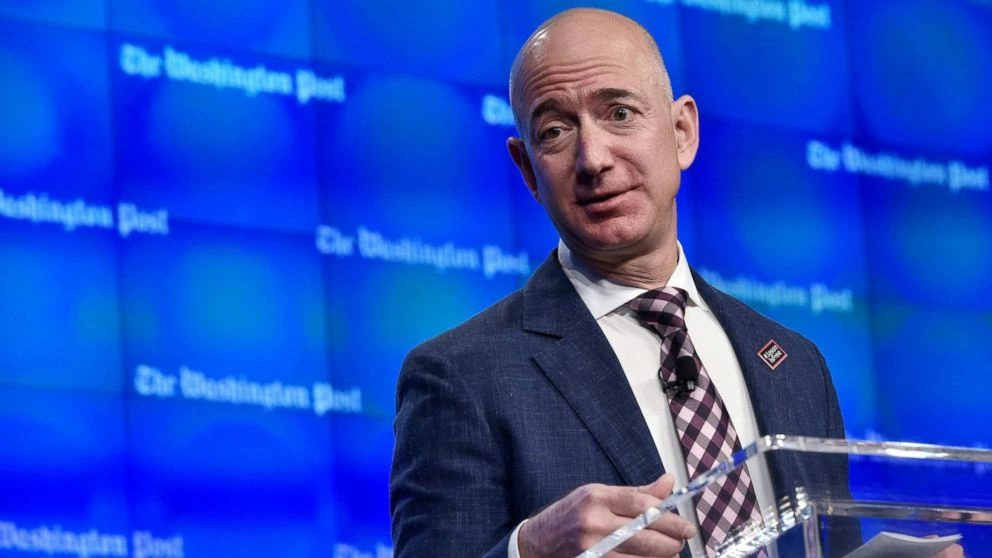
Conclusion: The Ruthless Genius Who Rewrote Capitalism
Jeff Bezos is many things—a visionary, a builder, a disrupter, and yes, a ruthless competitor. His legacy is complicated, filled with both awe and alarm.
But one thing is certain: He changed the world.
You may not like how he did it. You may question his methods. But you can’t deny his impact.
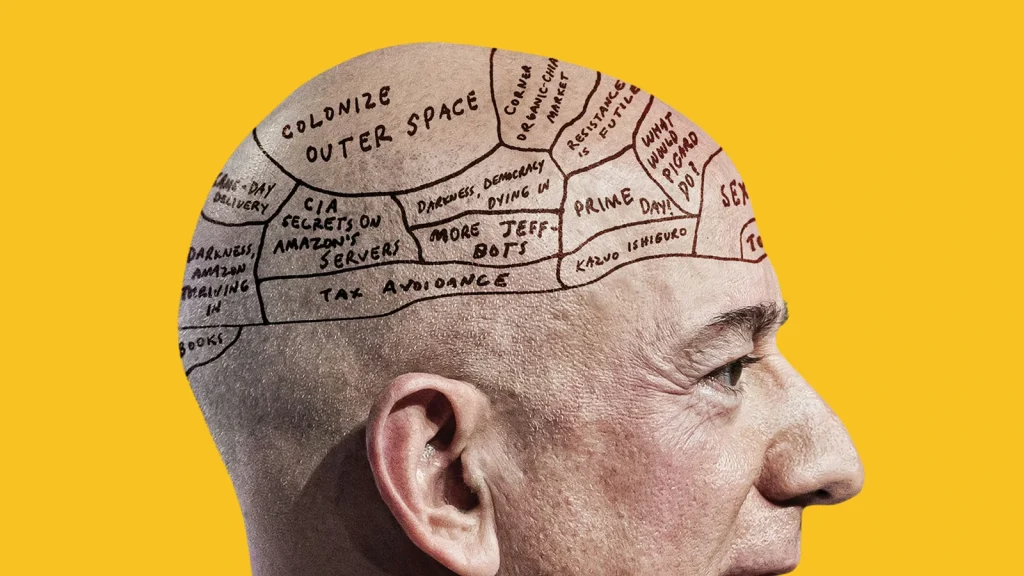
Jeff Bezos didn’t just build Amazon.
He built the future.

